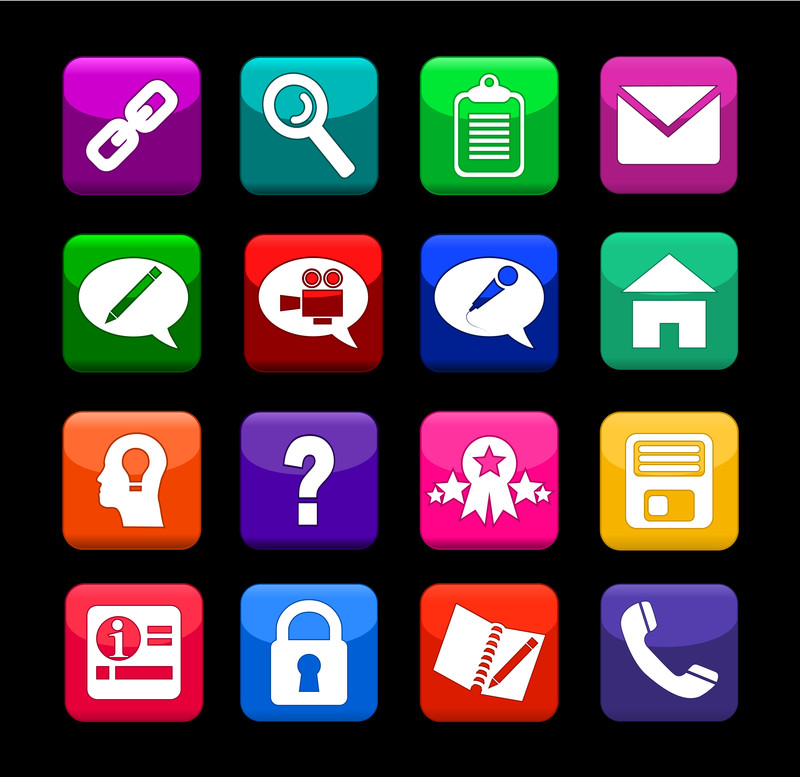I have been working in mental health for about 12 years. I listen to clients in crisis for many hours a day, providing support, empathy, interpretation and direction. As therapists, we can easily lose track of our own issues, ignore our own problems, and at times have difficulty shutting off the therapeutic processing.
In order to be a good therapist, it is necessary to take care of ourselves — our clients depend on it. Just because we know everything there is to know about stress management doesn’t mean that we are immune from becoming mentally exhausted. If you are feeling detached or apathetic toward your clients, yourself, or your relationships you could be experiencing emotional fatigue.
Here are some ways that I like to take care of my own needs so I can continue to support my clients:
I use my colleagues’ expertise regularly. We go to lunch and consult each other on difficult cases. We bounce around different techniques and approaches that could heighten the therapeutic process.
I belong to many professional organizations and am very involved in my community. I feel that if I have the support of my community, then I am not alone in my journey. I enjoy volunteering and giving back to my community whenever possible. It makes me feel good to see that I have helped others with a small donation of my time.
I enjoy spending time with my family. Going to the beach and reading or walking is especially refreshing. I have two Labrador retrievers who demand a lot of attention. I find a great escape just going out into the backyard and throwing the Frisbee for an hour.
My family enjoys going on vacation. I take two trips a year with the family and then one with just my husband.
My practice is in my hometown. I have developed many friendships over the years. I enjoy spending time with many different groups of people. I am very thankful for the friendships that I have made.
In college, I had different goals. I could do and wanted to do everything that came to my mind. I achieved more things in one day than most people did in a week. My priorities have changed. I have a family now and I find it necessary to relax. Now, I want to balance giving and getting – attention to my family, friends, spouse, community, and solitude.
As a mental health professional, self-care is a minimum standard of professional practice. Your clients deserve to be served by a healthy, well-balanced health care professional. Every mental health professional has vulnerabilities, weaknesses, and needs. Take time today to identify yours.
About The Author:
Regina Bright is the owner of Stepping Stones Professional Counseling, a Mary Esther private practice. She is a Licensed Mental Health Counselor, a Clinical Supervisor, a Parent Coordinator and a Florida Supreme Court Family Mediator. At Stepping Stones Professional Counseling, they provide individual, group, couples and family counseling. Call 850-226-6430 or visit SteppingStonesCounseling.org



As healers, we genuinely like to do our work. Guiding clients through the therapy process and seeing them make progress is why we do what we do. But if you're in private practice, you know there's a lot going on in the back end and that it's crucial to run an efficient and organized business.